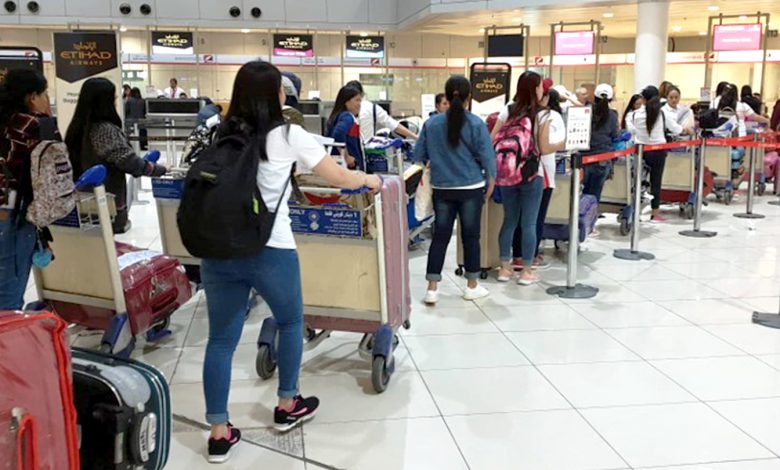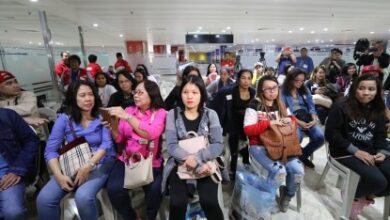
Kuwait OFW ban: Should it be permanent?
Last January 8, the Philippine government implemented the awaited Kuwait OFW ban, particularly on household service workers (HSWs). This is not the first time that this has happened; in fact, it was previously implemented following similar heinous circumstances.
Partial ban only
It started in January 3, when the Philippine Overseas Employment Agency (POEA) released a resolution ordering a partial Kuwait OFW ban for new applicants of HSWs to Kuwait. This was due to the fatal beating and death of another Filipina domestic worker, Jeanelyn Villavende.
The Bureau of Immigration (BI) has started to implement this ban. However, Kuwaiti-bound HSWs who were issued employment certificates before the January 3 pronouncement will still be allowed to leave.
Although currently a partial ban, the move is a clear pronouncement by our government that this disregard for the welfare of our countrymen has to stop.
A clear message
“This should serve as a clear message to Kuwaiti authorities. The partial ban may ripen into total deployment ban if justice for Jeanelyn Villavende is not met,” said Labor Secretary Silvestre H. Bello III.
Bello added that they are ready to repatriate the estimated 260,000 Filipinos if the full Kuwait OFW ban becomes effective. Majority of the OFWs in Kuwait are HSWs.
What is contentious is that this is the second time that we have implemented a deployment ban; the circumstances are unfortunately similar.
The first deployment ban
In 2018, the POEA issued a deployment ban to Kuwait under orders of President Rodrigo Duterte. This was in response to the death of Filipina HSW Joanna Demafelis. She was allegedly murdered by her employer.
The ban was lifted only after the Philippines and Kuwait signed a memorandum of agreement (MOA) that promised greater protection and rights for Filipino HSWs.
This MOA included the mandatory implementation of the following very basic provisions:
- allow HSWs to keep their passports and cellphones with them
- set meal and rest times for HSWs
- ban the relocation in Kuwait without authorization from the Philippine embassy
It would seem that the MOA did not achieve its intended purpose. Labor officials noted that Filipino HSWs in Kuwait still do not have employment contracts containing those provisions.
Safer opportunities abound
Many pundits suggest exploring opportunities in other countries. Certainly, a permanent Kuwait OFW ban would only mean that we would have to bring our skills and diligence elsewhere.
Since Filipinos are widely known to be highly skilled and diligent workers, there will always be strong demand from employers abroad. But we should remember that no opportunity will ever be worth sacrificing the safety of our countrymen.
If we have to pack it up, then so be it. It would be their loss, not ours.
RELATED: Palace vows to help find alternative jobs for OFWs from Kuwait




